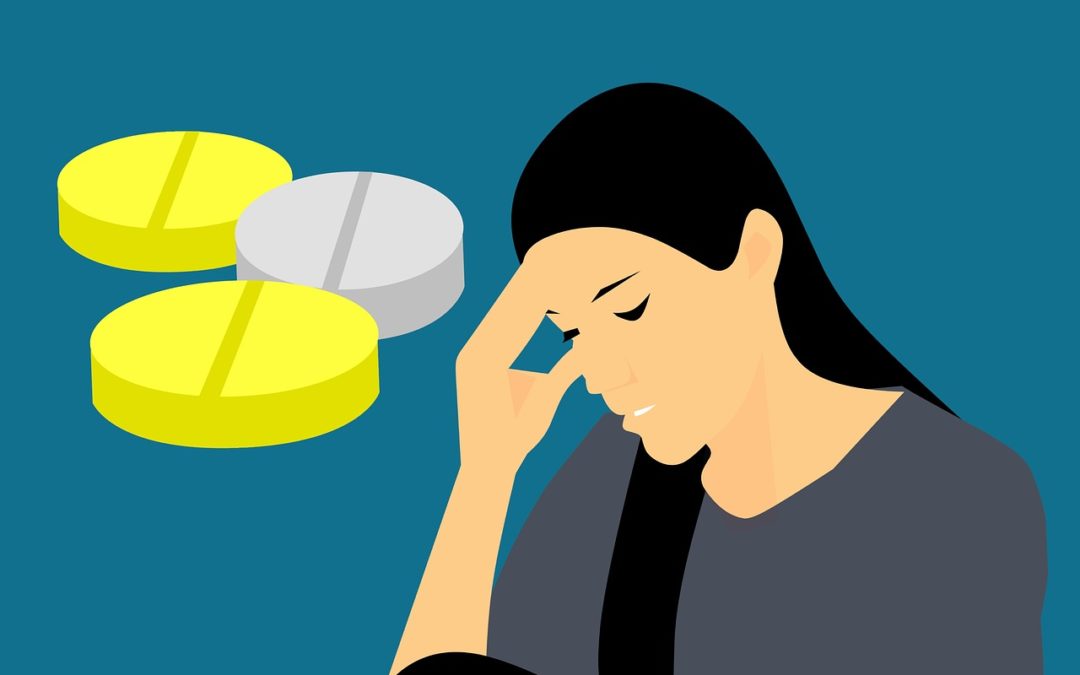Living with vertigo can be challenging, making you feel distressed and dizzy. Also, vertigo can disrupt your daily activities. Vertigo will usually go away by itself, but if it’s happening often or the symptoms are severe, then you should see a medical professional.
Ways to Reduce the Effects of Vertigo
There are a few simple ways to reduce the effects of your vertigo. When your symptoms emerge, you could try:
- As soon as you start feeling off balance or dizzy, sit down. Ease into the chair smoothly and calmly so that you don’t exacerbate your symptoms.
- If sitting down doesn’t help, lie down in a dark room. This should alleviate the tilting and spinning sensations.
These steps should help to ease your symptoms so that you don’t feel so dizzy. Taking precautions like lying down or sitting will also stop you from falling while your balance is bad.
Curing Vertigo
In some instances, vertigo goes away without treatment. There are certain treatments for some causes of vertigo.
Physical Therapy
Epley maneuver, which is simple head movements, is used to treat vertigo. Also, many individuals with vertigo benefit from vestibular rehabilitation training (VRT), and exercises for those with balance issues and dizziness. VRT is typically done on an outpatient basis, but it may also be done at home, a hospital, or a medical clinic.
Medication
Medicines used to help relieve vertigo symptoms are often more successful at treating vertigo that lasts a few hours or days. Most vertigo episodes and early stages of vertigo can be cured using medicines like antihistamines or prochlorperazine. Talk with your physician to see which drugs might be right for your specific condition.
Surgery
Surgery isn’t a standard vertigo treatment. However, it’s sometimes necessary. You may need a surgical procedure if your symptoms are due to an underlying condition, like a neck injury or brain tumor. Other surgical procedures could be required, contingent on what’s triggering your vertigo episodes.
Psychotherapy
Psychotherapy, also called “talk therapy,” aids you in recognizing bad behaviors and replacing them with effective solutions. There are various types of psychotherapy. Some folks with vertigo could benefit from psychotherapy, even though their illness isn’t due to a psychiatric disorder.
Treat an Underlying Issue
Your physician may advise other remedies for your vertigo, based on the underlying issue that’s producing your symptoms.
For example, individuals with conditions like diabetes, Parkinson’s, multiple sclerosis, anemia, and heart disease could develop vertigo. You may need certain treatments to remedy these diseases.
Going Away on Its Own
Your vertigo can resolve on its own with no treatment. Some people with vertigo frequently see their symptoms go away within a couple of weeks or months.
An Effective Vertigo Treatment Plan for You
At the Hartman Center, we perform tests and examinations to come up with an effective solution for your vertigo. Schedule a 15-minute complimentary call with us to discuss how our medical professionals can create a vertigo treatment plan to get rid of your vertigo permanently.
